Langston Hughes: A Poet’s Life
Chapter 1
Learning Goals
In this chapter, you will learn to:
- Read sight words and functional words
- Read long /e/ word patterns
- Read simple texts
- Identify main ideas, characters, and events from a reading
- State your opinion on a reading
- Use end punctuation
Talk About It
- How is a poem like a song?
- How is a poem not like a song?
- Do you know the names of any poets?
- Do you know the names or words of any poems?
Picture Dictionary |
||
 |
 |
 |
| poem | poet | world |
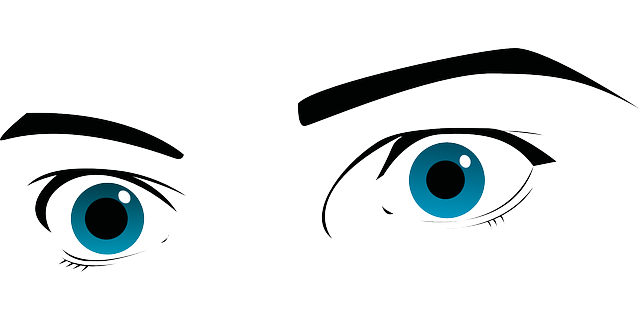 |
 |
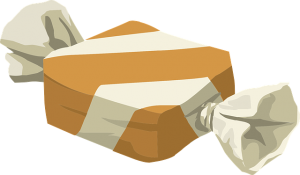 |
| eyes | black | treat |
 |
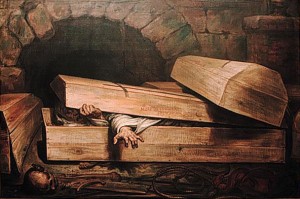 |
 |
| people | alive | white |
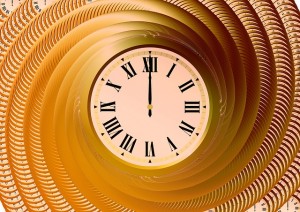 |
||
| time | ||
Put the above words in alphabetical order.
___________________________________________________________
___________________________________________________________
Make a sentence using one of the above words.
___________________________________________________________
___________________________________________________________
Word Skills
Word Patterns
The letters a, e, i, o, and u are called vowels. Vowels can make a short sound or a long sound.
The short /e/ says /e/ like in Expo.
The long /e/ says /ē/ like in jeep.
The long /e/ sound can be spelled with the letters ee and ea.
Practice reading these long /e/ words.
| ee | ea |
| keep | pea |
| need | sea |
| free | tea |
| see | eat |
| three | please |
| tree | mean |
| beef | read |
| feel | weak |
| meet |
Find a word above that matches each picture.
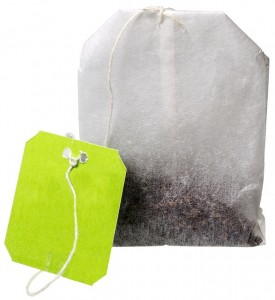 |
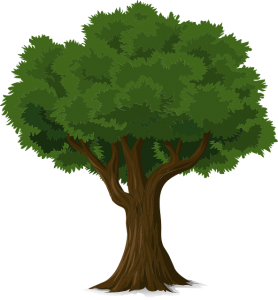 |
 |
| 1. ____________ | 2. ____________ | 3. ____________ |
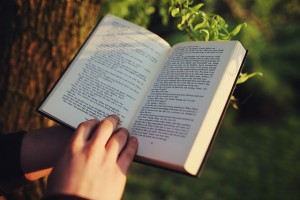 |
 |
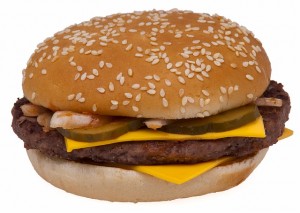 |
| 4. ____________ | 5. ____________ | 6. ____________ |
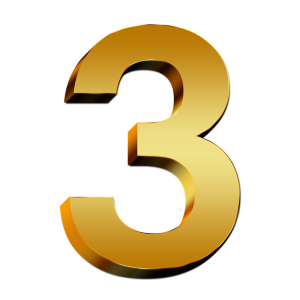 |
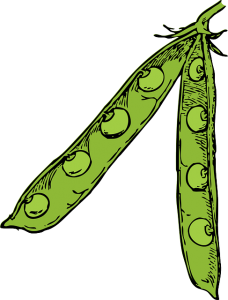 |
 |
| 7. ____________ | 8. ____________ | 9. ____________ |
Read each sentence. Then cover it up. Try to write it. Use upper case letters correctly. Use periods and question marks correctly.
a. It was good to meet you.
____________________________________________
b. Do you need a cup of tea?
____________________________________________
c. She does not eat beef.
____________________________________________
d. He likes to read by the sea.
____________________________________________
e. I feel weak.
____________________________________________
You will see these words in the story. They all have the /ē/ sound, like jeep.
| feel | see | need | treat |
Use Your Reading Skills
Listen to Chapter 1. Then read Chapter 1 in BC Reads: Adult Literacy Fundamental English – Reader 2. As you read, ask yourself “Does that sound right?” Go back and read it again if it does not sound right.
Check Your Understanding
Read each question. Find the best answer in the shaded textbox below. Copy it onto the line.
1. Who was Langston Hughes?
__________________________________________
2. What are Langston’s poems about?
__________________________________________
3. Why do we still need Langston’s poems?
__________________________________________
4. Where can you find more poems by Langston Hughes?
__________________________________________
Answers
- We still need Langston’s poems because many people still do not treat black people well.
- You can find more poems by Langston Hughes in books or on the web.
- Langston Hughes was a black poet.
- Langston’s poems were about making a better world where black people were treated well.
Talk about these questions with a partner.
5. Why do you think some people like poems?
6. Why do you think some people do not like poems?
Writing
Grammar Rule
A sentence can be a question or a statement.
A question asks for information. A question ends with a question mark.
What is your name? – YES
What is your name – NO
What is your name. – NO
Questions often begin with one of these words: who, what, where, when, why, or how.
A statement gives information. A statement ends with a period.
My name is Ted. – YES
My name is Ted – NO
Is each sentence a question or a statement? Add a question mark to the end of the questions. Put a period at the end of the statements.
1. What book did you read
2. Where did I put my pen
3. This tea was free
4. I cannot see where I am going
5. The cat is up the tree
6. How do you feel
7. Who did you meet
8. He has big feet
9. She lives by the sea
10. Why is he so mean
Writing Task
You will write a poem with your class. Your instructor will ask each person in your class these questions. Your instructor will put your answers on the board.
1. What neighbourhood do you live in?
2. Think of your favourite colour. Describe something that is that colour.
3. What kind of music do you like?
4. Describe your favourite outfit.
5. What is your dream job?
6. What do you dream about when you sleep?
7. What do you like about yourself?
As a class, take the sentences on the board and make a poem. Begin each line of your poem with the words “I am” or “We are.” See Appendix 1 to get an idea of how to build your poem.
Write the poem in your notebook.
Take turns reading your class poem.
Answer Key |
|||||||||||||
| Picture Dictionary | |||||||||||||
|
|||||||||||||
| Word Skills | |||||||||||||
| QUESTION | ANSWER | ||||||||||||
| 1 | tea | ||||||||||||
| 2 | tree | ||||||||||||
| 3 | sea | ||||||||||||
| 4 | read | ||||||||||||
| 5 | meet | ||||||||||||
| 6 | beef | ||||||||||||
| 7 | three | ||||||||||||
| 8 | pea | ||||||||||||
| 9 | eat | ||||||||||||
| Check Your Understanding | |||||||||||||
| QUESTION | ANSWER | ||||||||||||
| 1 | Langston Hughes was a black poet. | ||||||||||||
| 2 | Langston’s poems were about making a better world where black people were treated well. | ||||||||||||
| 3 | We still need Langston’s poems because many people still do not treat black people well. | ||||||||||||
| 4 | You can find more poems by Langston Hughes in books or on the web. | ||||||||||||
| Writing | |||||||||||||
| QUESTION | ANSWER | ||||||||||||
| 1 | What book did you read? | ||||||||||||
| 2 | Where did I put my pen? | ||||||||||||
| 3 | This tea was free. | ||||||||||||
| 4 | I cannot see where I am going. | ||||||||||||
| 5 | The cat is up the tree. | ||||||||||||
| 6 | How do you feel? | ||||||||||||
| 7 | Who did you meet? | ||||||||||||
| 8 | He has big feet. | ||||||||||||
| 9 | She lives by the sea. | ||||||||||||
| 10 | Why is he so mean? | ||||||||||||
Attributions
See the Attributions page near the end of this book.



